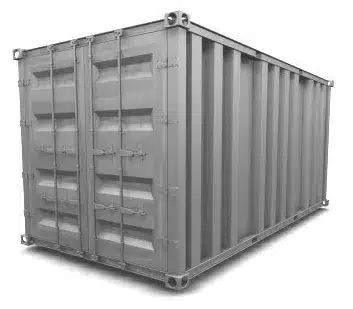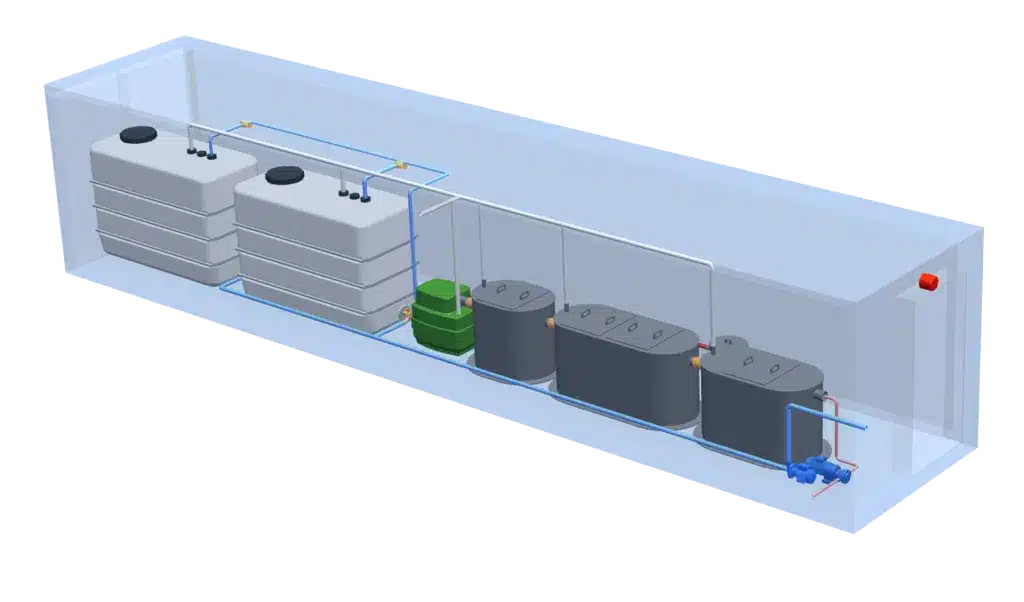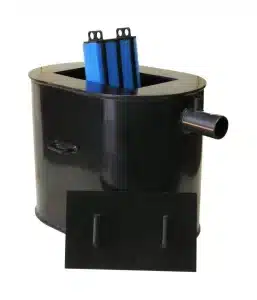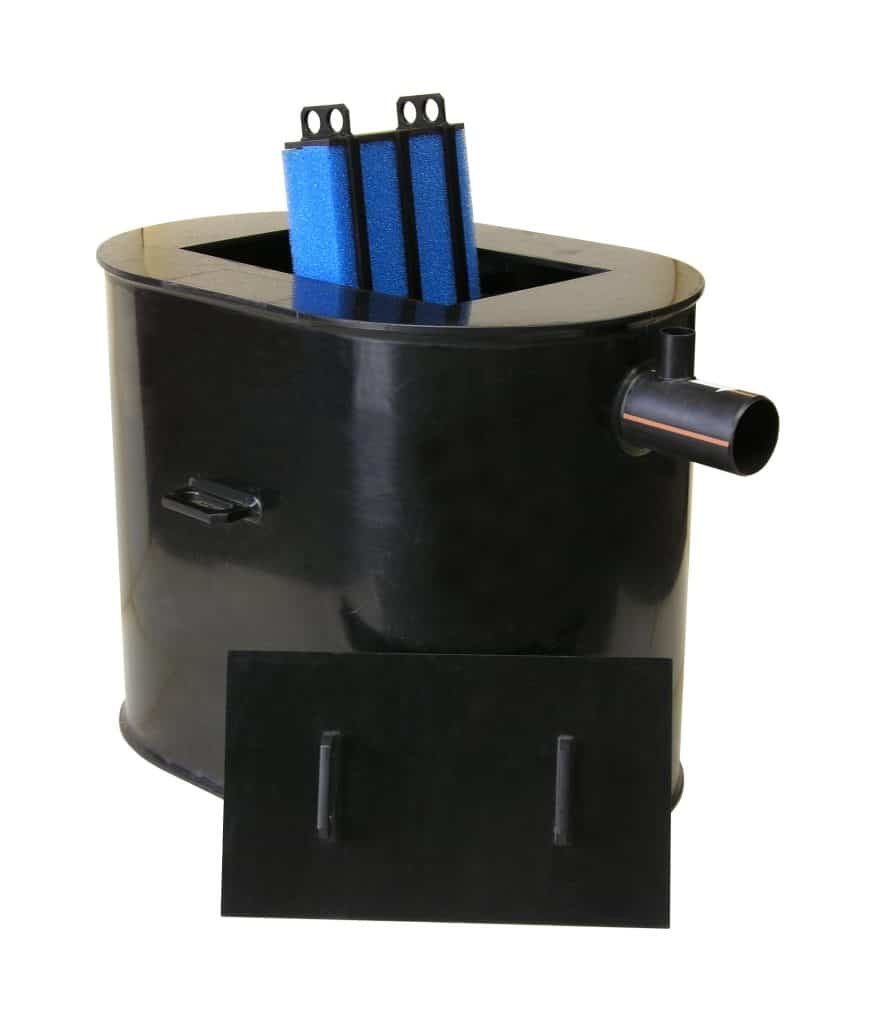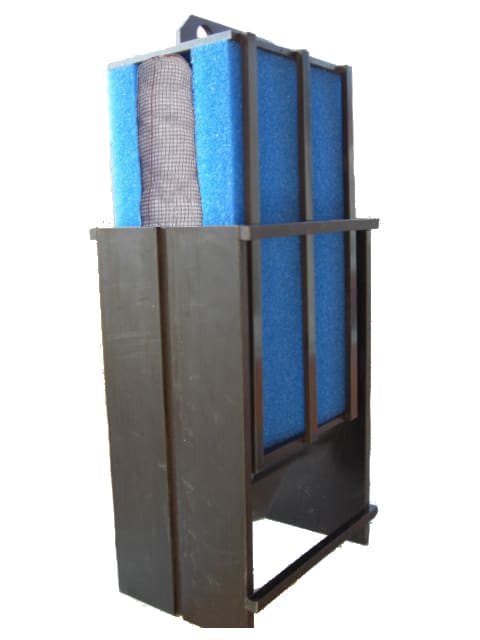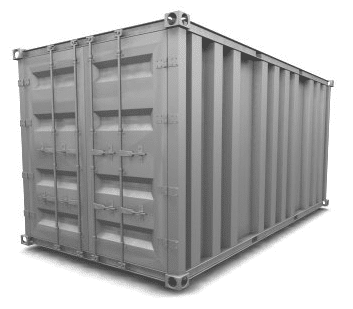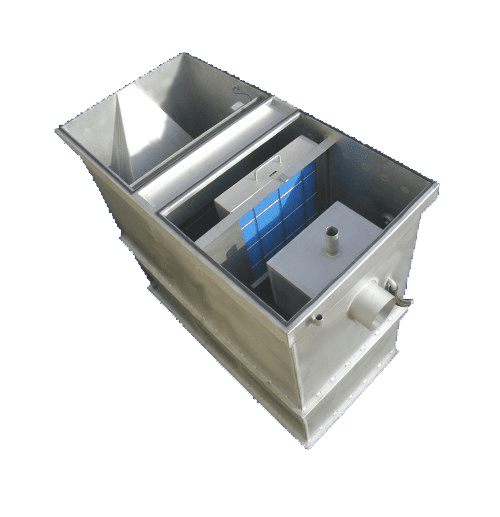Do you know about the hidden heroes in Tennessee’s industrial world? Above Ground Oil Water Separators (OWS) are key to protecting our water. They work hard to keep our water clean by separating oil from water.
In Tennessee, industries count on these systems to follow strict environmental rules. From big factories to large construction sites, Above Ground OWS are the first defense against pollution.
Tennessee’s OWS technology is at the forefront of separating oil and water efficiently. Some systems can remove oil to just 5 PPM, which is way better than what’s allowed in North America. This means harmful substances like motor oil and jet fuel are taken out before water goes back into nature.
Key Takeaways
- Tennessee Above Ground OWS systems are vital for industrial wastewater treatment
- These systems ensure compliance with state and federal environmental regulations
- Advanced OWS technology can achieve separation efficiency as low as 5 PPM
- Oil Water Separators effectively remove various hydrocarbons from wastewater
- Proper OWS use is crucial for protecting Tennessee’s water resources
Understanding Above Ground Oil Water Separators in Tennessee
Above Ground Oil Water Separators are key in Tennessee’s industrial and environmental scene. They help with water conservation and offer sustainable solutions across different sectors. Let’s dive into their role, how they’re used, and the rules they must follow in the Volunteer State.
Definition and Purpose of OWS Systems
Above Ground Oil Water Separators are built to take oil and grease out of wastewater. They work like septic systems but focus on separating oil from water. This is vital for keeping the environment safe and meeting water quality standards.
Importance in Industrial and Environmental Applications
In Tennessee, these separators are a must in industries like manufacturing, automotive, and food processing. They help companies follow environmental laws and save water. By keeping oil and water apart, these systems make it possible to use treated water again. This supports sustainable practices in many areas.
Tennessee Regulations and Compliance Requirements
The Tennessee Department of Environment and Conservation watches over the use of Above Ground Oil Water Separators. Companies must follow certain rules for setting them up, keeping them running, and maintaining them. These rules make sure separators work well to protect our water and support environmental care.
Types of Above Ground OWS Systems Available in Tennessee
Tennessee has many Above Ground Oil Water Separators for different industrial needs. These systems are key to eco-friendly infrastructure and managing sewage. Let’s look at the main types found in the state.
Standard Gravity Separators
Standard gravity separators are simple but effective. They separate oil from water using gravity. Oil floats on top, while water goes to the bottom. These are great for big facilities with lots of space.
Enhanced Gravity Separators
Enhanced gravity separators improve oil-water separation. They use special media for better efficiency. These systems work well in small spaces but need to separate a lot of oil.
Coalescing Plate Separators
Coalescing plate separators are the latest in oil water separation technology. They use advanced tech for high separation rates. With multiple plates, they help oil droplets merge better. This makes them ideal for complex industrial settings.
Each separator type helps Tennessee’s eco-friendly efforts. By picking the right system, businesses can better manage sewage and protect the environment.
Tennessee Above Ground OWS: Features and Benefits
Above Ground Oil Water Separators in Tennessee are top-notch. They are great at separating different hydrocarbons like motor oil, diesel, gasoline, and jet fuel. They work so well, they clean the water to 5 PPM, which is way above what’s required.
These units are made of stainless steel, making them very durable. They also have special coalescing media packs that help separate the oil and water better. Plus, you can adjust the oil skimmers to fit your specific needs. This makes them perfect for industrial use.
One big plus is they don’t need much upkeep. This means lower costs and more time for businesses to focus on other things. They can work alone or with other systems, giving businesses flexibility in how they handle wastewater.
Overall, Tennessee’s Above Ground OWS systems are a great mix of performance, durability, and ease of use. They go beyond what’s needed and offer flexibility, making them a smart choice for businesses looking for effective wastewater solutions.
Installation and Maintenance of Above Ground OWS in Tennessee
Setting up and keeping Above Ground Oil Water Separators in Tennessee right is crucial for good wastewater treatment. These systems need special care during installation and regular upkeep to follow environmental laws.
Site Preparation and Installation
Before putting in an Above Ground Oil Water Separator, check the site’s conditions. Make sure the soil is stable, there are easy access points, and it’s close to water sources. The spot must also follow Tennessee’s environmental rules. Installing the separator means setting it up, connecting pipes, and checking for leaks.
Routine Maintenance and Cleaning
Keeping up with maintenance is essential for the best performance. Check the system every week for any damage or wear. Clean the coalescing plates every month to stop blockages. Remove any oil and solids as needed. Keep records of all maintenance to track how well the system is doing and follow wastewater treatment laws.
These separators are crucial in storm water systems. They process runoff to meet the US EPA’s Clean Water Act standards. With effective oily water treatment, facilities protect the environment and dodge big fines.
Troubleshooting Common Issues
Watch for signs that the separator isn’t working well, like clogged parts. Fix any equipment problems quickly to keep wastewater treatment smooth. If the wastewater changes, adjust the system as needed. For hard problems, look at the manufacturer’s guide or get help from a professional to keep your Above Ground Oil Water Separator up to environmental standards.
Environmental Impact and Regulations for Tennessee OWS
Tennessee Above Ground OWS systems are key to protecting our water. They stop oil from getting into our water, which is vital for the environment. The Tennessee Department of Environment and Conservation has strict rules for OWS to make sure they work well.
Rules for using OWS in Tennessee come from environmental laws. The EPA’s Spill Prevention, Control, and Countermeasure (SPCC) program sets the standards. Even if some wastewater facilities don’t have to follow all SPCC rules, they must still obey the Clean Water Act.
Keeping OWS systems in good shape helps with water conservation. They keep oil and water apart, which is good for managing wastewater. Tennessee businesses using Above Ground OWS help keep the state’s water clean and support green practices.

